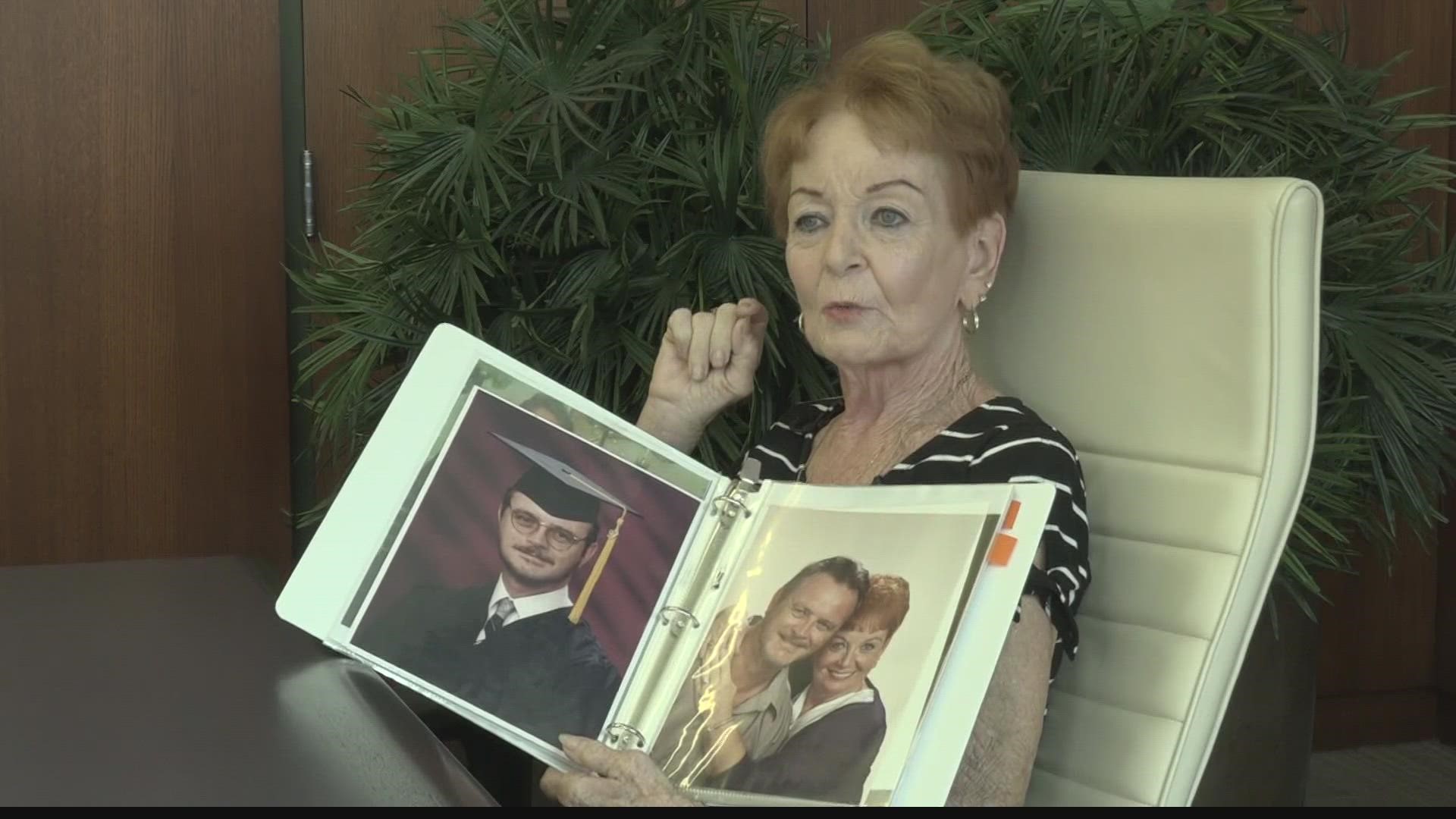JACKSONVILLE, Fla. —
Camp Lejeune is where Brian Rafferty spent some of his military career in the 1970s. That was also the time the Department of Veterans Affairs said people living or working at the base were potentially exposed to drinking water contaminated with industrial solvents, benzene, and other chemicals.
The Agency for Toxic Substances and Disease Registry says as many as one million military and civilian staff might have been exposed, but Rafferty's family says he was a victim.
This comes just as the Senate blocked the Pact Act and Camp Lejeune Justice Act.
"He went in for a normal yearly checkup and his blood levels were wrong," Lynn Rafferty said.
After a 25-year military career, Brian Rafferty was diagnosed with Leukemia in 2013.
His wife, Lynn Rafferty, said a poster in the doctor's office pointed out the diagnosis could have been linked to his stay at Camp Lejeune.
"It said these diseases are from Camp Lejeune. It named eight different diseases, and he was number one and number two," Rafferty said.
For years, they tried to get assistance from the Department of Veterans Affairs, but, Lynn said, no luck. First Coast News reached out to the VA and in a statement told us:
"VA has currently processed 86,495 claims for 112,058 issues/conditions due to exposure to Camp Lejeune/MCAS New River contaminated water (CLCW) – of those claims 12,855 were granted with 19,369 issues/conditions granted.”
Brian lost his battle with Leukemia in 2016 at just 62 years old. Since his death, Rafferty has demanded justice for the death of her husband and now says the law firm Farah & Farah is helping her and hundreds of other families affected by the toxic water to fight to get justice.
"A lot of our residents and clients are affected by Camp Lejeune and the contamination there, so we felt like we would be able to help out our clients and others who might want to reach out to us to get them the proper compensation they deserve," Chuck Farah said.
Rafferty says she will continue advocating for her husband's life.
"They will do what's right for our military not just me, but for the other people on that base, everyone else thats lost a loved one or had deformed children and any other diseases that were brought by that benzene that was in the water," Rafferty said.
First Coast News also reached out to the Marine Corps Spokesperson Kevin Stephensen about the complaints and in a statement said:
"We continue our commitment to find, notify, and respond to those who find and notify those who used the water during the time period in question, and keep them informed regarding the latest scientific and medical information. The Marine Corps removed the wells from service the same day they were found to be affected in the 1980s."
If your family was affected, you can file a claim on the Department of Veterans Affairs website.

